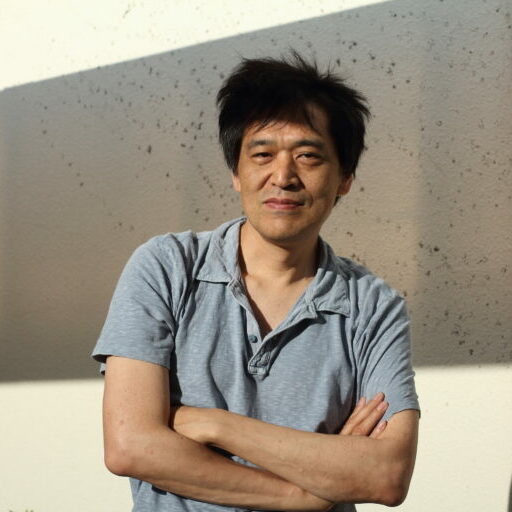Events
イベント
CHAIN ACADEMIC SEMINAR #2
DONE
Prof. Takashi Ikegami & Prof. Davide Marocco
Seminar1

Lecturer
Offloaded Agency
Abstract:
References:
[1] Lana Sinapayen, Atsushi Masumori, Takashi Ikegami: Learning by stimulation avoidance: A principle to control spiking neural networks dynamics., PLoS ONE,12(2): e0170388. 2017.
[2] Doi, I., Ikegami, T., Masumori, A., Kojima, H., Ogawa K., and Ishiguro, H. A new design principle for an autonomous robot, 14th European Conference on Artificial Life(ECAL2017), pp.490-466.
[3] The Barbican major new exhibition 2019 May 15th- : AI: More than Human http://digicult.it/slider/ai-more-than-human/[4] Otto E Rossler, Lisa-Ruth Vial, Frank Kuske, August Nitschke, Takashi Ikegami and Andrei Ujica. Brain Equation and Personogenesis. Clinics in Pediatrics, vol.2 2019, pp.1-11.[5] Hiroki Kojima, Tom Froese, Mizuki Oka, Hiroyuki Iizuka, Takashi Ikegami: A Sensorimotor Signature of the Transition to Conscious Social Perception: Co-regulation of Active and Passive Touch, Frontiers in Psychology, 8.01778, 2017.
Lecturer profile
received his doctorate in physics from the University of Tokyo. His research interest is to build and study artificial life systems in chemical systems, evolutionary robotics and web dynamics. Some of these results have been published in ’Life emerges in motion’ (Seido, 2007) and ’The sandwich theory of life’ (Kodansha, 2012). He gave the keynote address at the 20th anniversary of the Artificial Life conference in Winchester, UK. He is also a member of the editorial boards of Artificial Life, Adaptive Behavior, BioSystems and Frontiers
Seminar2

Lecturer
Embodied Cognition and Sensorimotor Coordination in Human Development: A perspective on Autism Research
Abstract:
Lecturer profile
Davide Marocco, PhD, is Associate Professor of Psychometric at the University of Naples Federico II. He works with computational models for research and evaluation in psychology with particular interest in the use of innovative assessment methods, such as serious games for negotiation, effective communication and conflict resolution, and innovative methods of psychological analysis, recently applied on autism research. His research activity is centered on Artificial Intelligence and Cognitive Modeling. Previously, he was Visiting Professor at the University of Hokkaido, Reader in Cognitive Robotics and Intelligent Systems at the University of Plymouth, and Researcher at the Institute of Cognitive Sciences and Technologies of the CNR of Rome; he is the coordinator of various European projects in the context of the use of technology in psychological analysis and intervention. Between the most recent is the Erasmus+ ACCORD project which aims to define an educational tool that integrates theoretical and practical aspects on conflict management in intercultural domain in the school context.
Event Report
開催報告